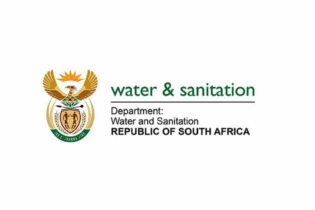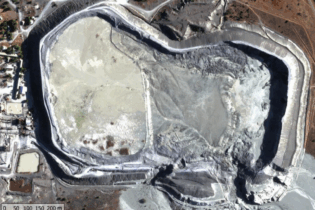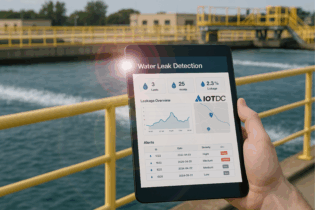South Africa’s taps are at risk of running dry as its water supply infrastructure comes under mounting pressure. As millions go without reliable in-home water connections, and water supply infrastructure buckles under the pressure of population growth, urbanisation, and industrialisation, the 2023 World Water Day theme of ‘accelerating change’ was especially relevant for South Africans and the Gap Infrastructure Corporation (GIC).
The lack of access to clean water in many rural areas is becoming increasingly critical as water scarcity grows, leading to overcrowding at communal water taps, and increased reliance on dirty or contaminated groundwater sources. According to the last General Household Survey by Statistics South Africa, an alarming 12.2% of households used a public tap as a source of water; 1.9% used a neighbour’s tap; 1.8% used flowing, stream or river water; 1.7% made use of a water-tanker; 1.6% used a water vendor; and 1.5% used a rain-water tank, amongst other alternative sources. Adding to the country’s water scarcity woes is below-average rainfall. South Africa’s annual precipitation is almost half that of the global average at just 497mm per year. “Given the high demands on South Africa’s water resources, it is crucial that we prioritise the development of sustainable and easily accessible water infrastructure such as boreholes or rainwater harvesting systems, and invest in upgrading existing water supply systems,” says Roelof van den Berg, CEO of (GIC). Community education on water conservation and efficient water use is also vital. Through teaching households water-wise habits, community education can help reduce the burden on shared water sources and ensure that more people have access to safe and clean water in their homes. “World Water Day called for increased efforts to promote water conservation, efficient water use, and sustainable water management practices. It also emphasises the importance of innovative solutions and technologies to ensure that water resources are used more sustainably. “Finally, the topic of ‘accelerating change’ was particularly relevant for GIC as a trusted construction partner in the drive to roll-out reliable water infrastructure for the benefit of all South Africans.” Harnessing private expertise for world-class public infrastructureIn the ongoing quest to improve infrastructure development nationally, public-private partnerships have emerged as an invaluable tool. These successfully bring together the expertise and resources of both private construction companies and government to deliver enhanced services.
The benefits that companies can bring to the process are diverse:- Enhanced infrastructure roll-outs for businesses and households
- Expert planning and design for the environment and communities
- Professional project management for maximum returns on investment
- Community education and partnerships






